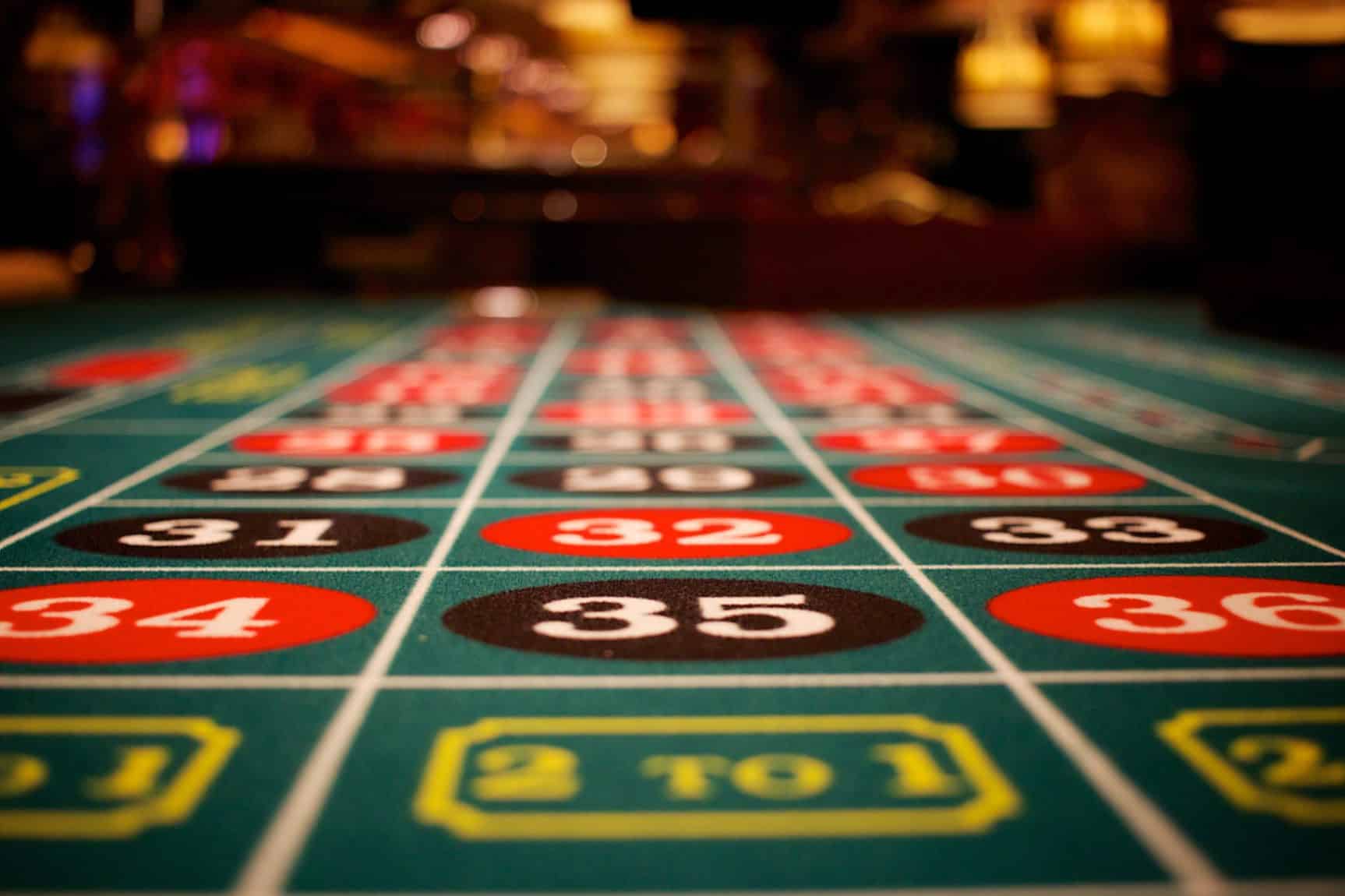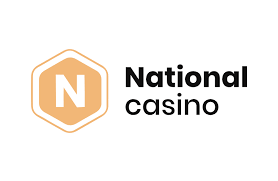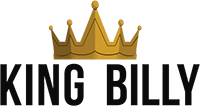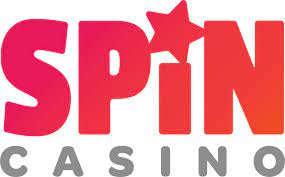
Gambling is a popular pastime for millions of Canadians, offering excitement, entertainment, and the potential for big wins. However, for a significant number of individuals, gambling can become a serious problem that affects finances, relationships, and mental health. This in-depth review explores the nature of gambling problems in Canada, their warning signs, causes, impacts, and the most effective prevention and treatment strategies—ensuring Canadian readers get accurate, actionable information for themselves or loved ones.
What Is a Gambling Problem?
A gambling problem, also known as gambling addiction or gambling disorder, is characterized by an uncontrollable urge to gamble despite negative consequences. Unlike casual gamblers who can set limits and walk away, those with a gambling problem find it difficult—or impossible—to stop, even as losses mount and life circumstances deteriorate. In Canada, problem gambling is recognized as a behavioral addiction, similar in many ways to substance use disorders.
Defining Problem Gambling
The Canadian Problem Gambling Index (CPGI) defines problem gambling as difficulties in limiting money and/or time spent on gambling, leading to adverse consequences for the gambler, others, or the community. This definition recognizes that gambling harm exists on a spectrum—from low-risk to moderate-risk to severe problem gambling.
How Common Is Problem Gambling in Canada?
Gambling problems can affect anyone, regardless of age, background, or income. Research shows that up to 3% of Canadian adults experience moderate to severe gambling problems, with many more at risk. Certain groups, such as young adults, men, Indigenous peoples, and those with other mental health or substance use issues, are at higher risk.
Signs and Symptoms of a Gambling Problem
Recognizing a gambling problem early is crucial for effective intervention. Problem gambling shares many similarities with other addictive disorders, but there are no obvious physical signs. Instead, look for changes in behaviour, emotions, finances, and health.
Behavioural Signs
-
Preoccupation with gambling: Constantly thinking about betting or planning the next session.
-
Neglecting responsibilities: Missing work, school, or family events to gamble.
-
Withdrawal from hobbies and social activities.
-
Lying about gambling or hiding losses from loved ones.
-
Chasing losses: Gambling more to recover lost money.
-
Borrowing or stealing money to fund gambling.
-
Increasing bets to achieve the same thrill.
-
Being gone for long, unexplained periods.
Emotional Signs
-
Mood swings, irritability, or sudden outbursts.
-
Feeling anxious, guilty, or depressed about gambling.
-
Using gambling as an escape from problems or negative emotions.
-
Feeling empty, restless, or bored when not gambling.
-
Suicidal thoughts or feelings of hopelessness.
Financial Signs
-
Frequently borrowing money or asking for salary advances.
-
Unexplained debts, unpaid bills, or missing valuables.
-
Alternating between being broke and suddenly having cash.
-
Family members noticing missing money or valuables.
Health Signs
-
Stress-related symptoms: headaches, stomach issues, insomnia.
-
Neglecting self-care, nutrition, or medical needs.
Why Do Gambling Problems Develop?
Gambling addiction is a complex issue with multiple contributing factors:
Biological and Psychological Factors
-
Genetics: Family history of addiction increases risk.
-
Brain chemistry: Gambling stimulates the brain’s reward system, similar to drugs or alcohol.
-
Mental health: Depression, anxiety, ADHD, or substance abuse can increase vulnerability.
Social and Environmental Factors
-
Early exposure: Starting to gamble at a young age.
-
Peer influence: Friends or family who gamble.
-
Accessibility: 24/7 online casinos and betting apps make gambling easier than ever.
-
Stress or trauma: Gambling as a coping mechanism for life challenges.
Cognitive Distortions
-
Belief in “lucky streaks” or systems.
-
Overestimating odds of winning.
-
Minimizing or denying losses.
The Impact of Problem Gambling
Gambling problems affect not just the individual, but families, workplaces, and communities. The consequences can be severe and far-reaching.
Financial
-
Accumulating debt, bankruptcy, or loss of savings.
-
Selling personal belongings or committing crimes to fund gambling.
Emotional and Mental Health
-
Increased risk of depression, anxiety, and suicide.
-
Feelings of shame, guilt, and isolation.
Social
-
Strained or broken relationships.
-
Domestic conflict, separation, or divorce.
-
Neglect of children or family responsibilities.
Work and Education
-
Poor performance, absenteeism, or job loss.
-
Dropping out of school or failing courses.
Physical Health
-
Stress-related illnesses, sleep problems, and neglect of health.
Online Gambling and Its Risks in Canada
The rapid growth of online casinos, sports betting, and mobile gambling apps has made gambling more accessible than ever. In Canada, the majority of problem gamblers now report playing online, often late at night or in isolation. The anonymity, speed, and convenience of online gambling can increase the risk of addiction, especially for vulnerable individuals.
Myths and Facts About Gambling Problems
Myth: Only irresponsible or weak-willed people develop gambling problems.
Fact: Gambling addiction is a recognized medical condition that can affect anyone.
Myth: You have to gamble every day to have a problem.
Fact: The impact of gambling, not the frequency, defines the problem.
Myth: If you can afford it, gambling isn’t a problem.
Fact: The harm extends beyond money to relationships, mental health, and quality of life.
Screening, Diagnosis, and When to Seek Help
If you or someone you know is experiencing any of the warning signs above, it’s important to seek help early. Screening tools and professional assessments can help determine the severity of the problem.
Simple screening question:
“Have you ever felt you might have a problem with gambling?”
If the answer is yes, consider a more in-depth assessment with a mental health or addiction professional.
Treatment and Support for Gambling Problems in Canada
Gambling addiction is treatable, and recovery is possible. Canada offers a wide range of resources and support services for individuals and families affected by problem gambling.
Counselling and Therapy
-
Cognitive-Behavioural Therapy (CBT): The most effective treatment, focusing on changing unhealthy gambling behaviours and thoughts.
-
Motivational Interviewing: Helps increase motivation to change and set realistic goals.
-
Family Therapy: Addresses the impact on loved ones and helps rebuild trust.
Support Groups
-
Gamblers Anonymous: Peer support in a 12-step format.
-
Online forums and communities: Such as GamTalk and Gambling Therapy.
Helplines and Resources
Every province and territory in Canada offers free, confidential helplines and counselling services for problem gambling. Some key resources include:
-
Alberta Problem Gambling Resources Network: 1-866-461-1259
-
British Columbia Problem Gambling Help Line: 1-888-795-6111
-
Ontario ConnexOntario Help Line: 1-866-531-2600
-
Quebec Gambling: Help and Referral: 1-800-461-0140
-
Talk Suicide Canada: 1-833-456-4566 or text 988
See Responsible Gambling Council for a full list.
Digital Tools
-
RecoverMe App: Uses CBT and mindfulness to help manage urges.
-
Self-exclusion programs: Voluntarily ban yourself from casinos or online sites.
Financial Counselling
-
Help with debt management, budgeting, and rebuilding financial stability.
Prevention and Harm Reduction
Canada’s provinces have implemented various harm reduction and prevention strategies:
-
Public awareness campaigns: Promoting responsible gambling and warning signs.
-
GameSense advisors in casinos: Providing information and support.
-
Self-exclusion programs: Allowing individuals to ban themselves from gambling venues and sites.
-
Deposit and loss limits: Setting personal spending caps in online casinos.
-
Education for youth and at-risk groups: Targeted interventions in schools and communities.
Despite these efforts, only 10–15% of problem gamblers seek help on their own. Reducing stigma and increasing access to support are crucial for improving outcomes.
Gambling Disorder and Suicide Risk
Problem gambling is closely linked to suicidal thoughts and attempts, especially among those facing financial ruin, relationship breakdowns, or mental health challenges. If you or someone you know is at risk, call Canada’s suicide and crisis hotline at 988 or Talk Suicide Canada at 1-833-456-4566.
Tips for Individuals and Families
-
Recognize the warning signs: Early intervention leads to better outcomes.
-
Don’t enable: Avoid bailing out debts or covering up the problem.
-
Encourage open communication: Talk honestly about gambling and its impact.
-
Seek professional help: Use the resources listed above.
-
Promote healthy alternatives: Encourage hobbies, sports, and social activities.
Responsible Gambling in Canada
All legal gambling sites in Canada are required to promote responsible gambling and provide links to support services. Look for features like:
-
Age verification (18+ or 19+ depending on province)
-
Reality checks and time limits
-
Self-exclusion and deposit limits
-
Clear information on odds and risks
Conclusion: Hope and Recovery Are Possible
Gambling problems are a serious public health issue in Canada, but help is available and recovery is possible. If you or someone you care about is struggling, reach out to a counsellor, helpline, or support group—taking the first step is the most important. With the right support, Canadians can regain control, rebuild their lives, and enjoy a healthier relationship with gambling.




